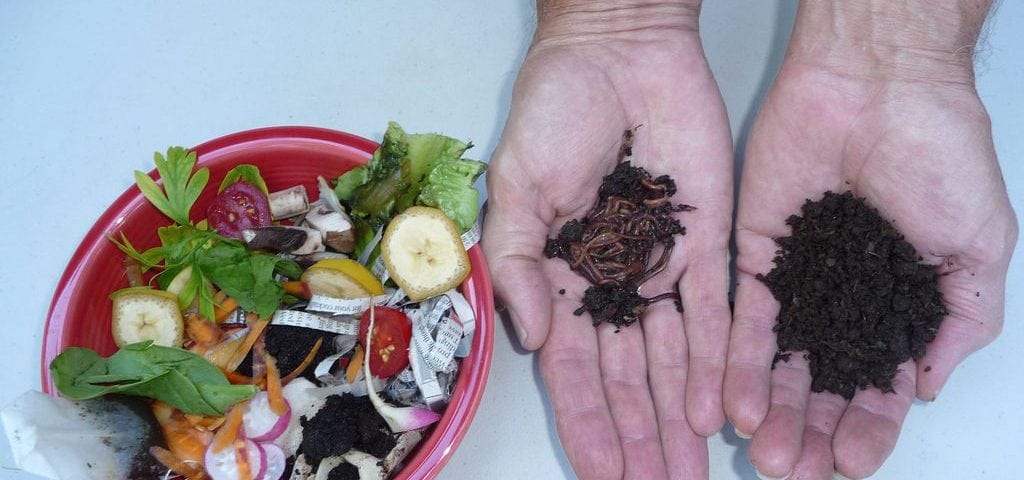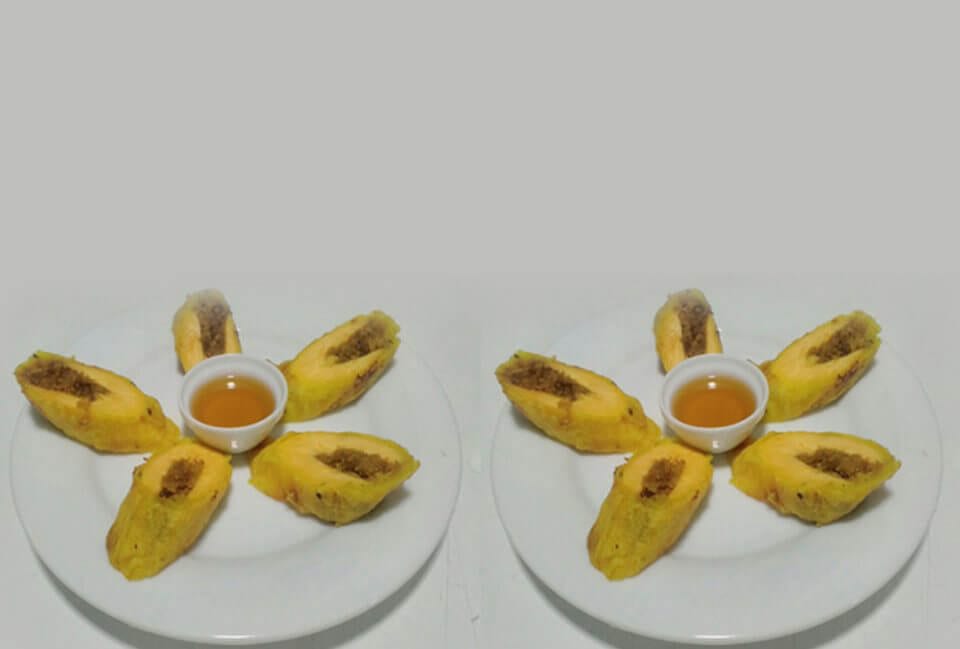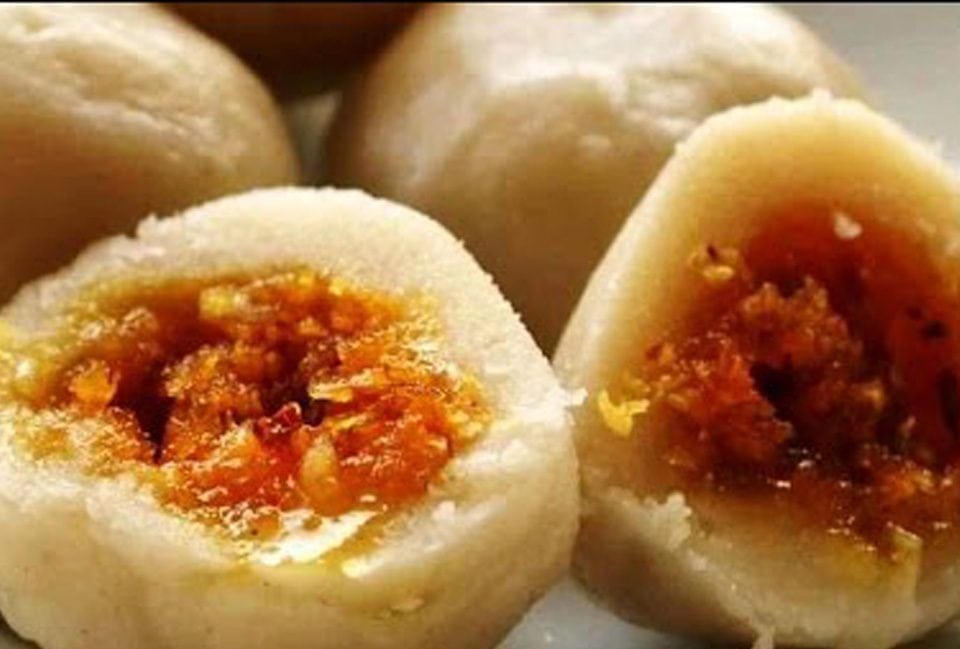
Thekkady’s Unexplored Cycling Trails at The Periyar National Park
September 23, 2017
Beating Them at Their Own Game – Eliminating the Mosquito Threat at Greenwoods
October 10, 2017Vermicomposting is the process of turning food waste into rich fertilizer using natural decomposition and worms. A well-established and balanced worm farm will produce a constant supply of fresh compost as food waste is processed through it.
The vermicomposting process takes three to six months. This happens two to four times annually. A lot depends on how much we feed the worms and how many worms we have. Some of the problems associated witht his process include, bad odour, fruit flies or other pests, bedding drying out, and water collecting in the bottom of the bins. Vermicomposting primarily uses worms as a composting method to produce vermicompost. Vermicompost (or vermi-compost) is the product of the composting process using various species of worms, usually red wigglers, white worms, and other earthworms, to create a heterogeneous mixture of decomposing vegetable or food waste, bedding materials, and vermicast.
Vermiculture is the process of using worms to decompose organic food waste, turning the waste into a nutrient-rich material capable of supplying necessary nutrients to help sustain plant growth. This method is simple, effective, convenient, and noiseless. It saves water, energy, landfills, and helps rebuild the soil.
At Greenwoods as part of our eco preservation initiatives, we have implemented the vermicomposting culture at our resort and plantations. The food waste from our resort is effectively converted into vermicompost and used in our small farms at Greewnoods and plantations at Vanya our tree house. Guests can see for themselves the process of how our food waste is converted into vermicompost during the property visit activity at Greenwoods.





